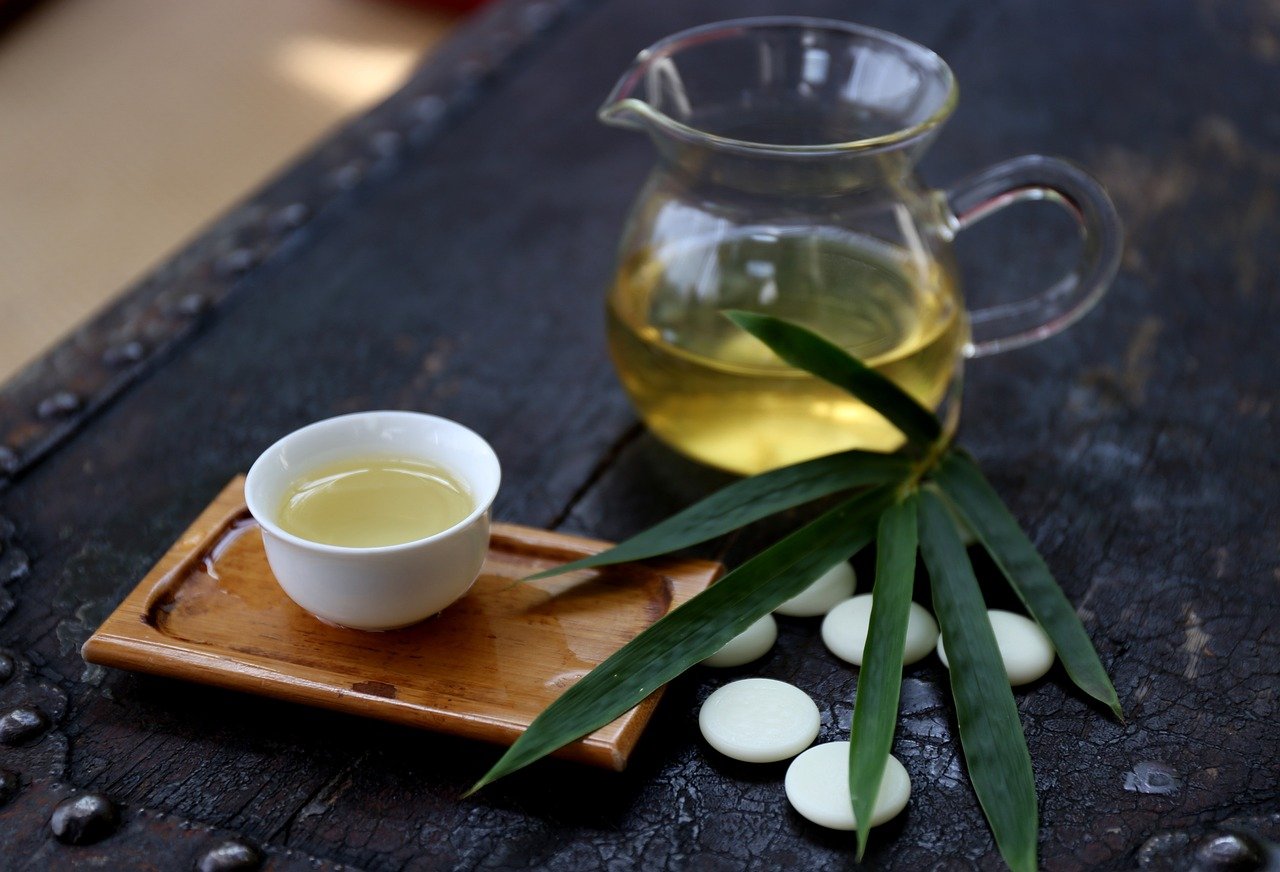In the vast, verdant fields where tea begins its journey, there’s a story that goes beyond the sip we enjoy. It’s a narrative of environmental stewardship, ethical cultivation, and the pursuit of sustainability in the face of global challenges. As tea lovers, our passion for this beloved beverage offers a unique opportunity to contribute positively to the environment. This exploration into the role of eco-friendly practices in tea uncovers the impact of our choices and how we can make a difference, one cup at a time.
The Journey from Leaf to Cup
The environmental footprint of tea is shaped by every step in its journey from leaf to cup. This journey begins with cultivation, a process that significantly impacts the local ecosystem. Traditional tea farming practices, while rich in cultural heritage, often involve methods that can be improved upon to enhance sustainability. The use of pesticides and fertilizers, for example, has been a concern for both the health of the environment and the consumer.

Embracing Organic and Sustainable Farming
Organic tea farming emerges as a powerful alternative, eliminating the use of chemical inputs and promoting biodiversity. By fostering a healthy ecosystem, organic farms support not just the tea plants but a wide array of flora and fauna. Moreover, sustainable farming practices such as crop rotation, composting, and the preservation of natural habitats contribute to soil health and reduce erosion, laying the foundation for a future where tea can thrive alongside nature.

The Carbon Footprint of Tea
The carbon footprint of tea, from production to packaging and transportation, is an area ripe for innovation. Energy-efficient processing methods, such as solar-powered tea drying, can significantly reduce emissions. Similarly, the packaging of tea plays a crucial role. Biodegradable or reusable packaging solutions not only minimize waste but also resonate with the growing eco-conscious consumer base.
Conscious Consumption
As consumers, we wield considerable influence through our purchasing decisions. Opting for loose-leaf tea over single-use tea bags, which often contain plastic, is a simple yet effective step toward reducing waste. Supporting brands that prioritize sustainability in their sourcing, packaging, and business practices fosters a market where eco-friendly tea is not just an option but the norm.
The Ripple Effect of Eco-Friendly Tea Consumption
The choices we make in our tea consumption ripple out to affect the environment, communities, and the economy. By choosing sustainably sourced tea, we contribute to the livelihoods of farmers who are committed to environmental stewardship. This, in turn, encourages the industry to adopt practices that are not only good for the planet but also ensure the longevity of tea cultivation for generations to come.

The role of environmental practices in tea consumption is profound and multifaceted. It’s a testament to the power of collective action and the positive impact we can have through mindful choices. As we continue to enjoy this ancient beverage, let’s also embrace our responsibility to the environment. After all, each cup of tea at Aovitao holds the potential to contribute to a healthier planet—a sip in the right direction.
